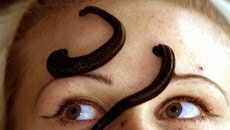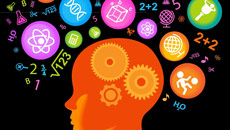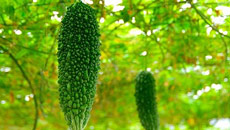Even though you may risk hypertension and heart disease but can't do without that extra pinch of salt in your meal, blame it on your genes for a gene related to taste pathways could be conspiring against you, researchers have found.
Salt preferences are related to a DNA sequence variation found on the KCNA5 gene, known to be related to taste pathways in mammals, the findings showed.
"Genetic variations for taste perception are well known for bitter, sweet, and umami taste, but until now we knew little about their role in salt perception and liking," said Antonietta Robino from University of Trieste in Italy.
For the study, researchers took into account the response of around 900 healthy adults from Italy.
Identifying the receptor associated with individual differences in the perception of salt could help us better understand how chemosensory differences can interact to influence and predict food choices and hence human nutritional behaviour.
"This could also play an important role in the development of salt substitutes, in which there is a growing commercial interest," Robino added.
New understanding of the genes involved in taste perception and food preferences could lead to personalised nutrition plans effective not just in weight loss but in avoiding diseases such as cancer, depression, and hypertension, the researchers said.
Besides the gene that influences salt preference, the researchers, in a separate study, uncovered 17 independent genes related to liking for certain foods, including artichokes, bacon, coffee, chicory, dark chocolate, blue cheese, ice cream, liver, oil or butter on bread, orange juice, plain yoghurt, white wine and mushrooms.





